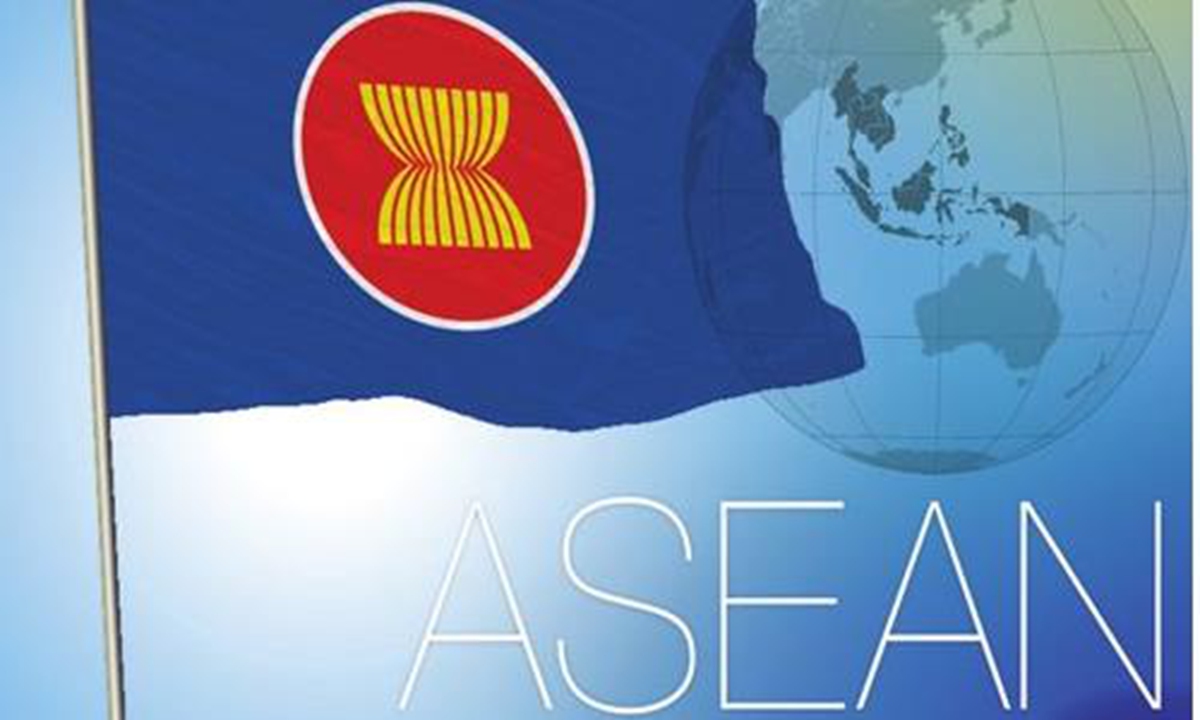No need for ASEAN to take sides between China, US
Source: Global Times Published: 2020/8/26 20:08:23

Photo: IC
Despite political tensions between the US and China that will likely continue for a while, there is no need for the 10-member Association of Southeast Asian Nations (ASEAN) to take sides.
"ASEAN is not a pushover ... We will make decisions in each of our national interests. We want good relations with the Chinese and with the Americans," Singapore's Senior Minister Tharman Shanmugaratnam said during the Standard Chartered ASEAN Business Forum 2020 on August 25.
In a geopolitical environment full of uncertainties triggered by COVID-19, it is encouraging to see ASEAN take a sensible position, which, to a certain extent, reflects the Southeast Asian bloc's confidence in navigating the increasingly complex economic and political climate. The main source of such confidence is the region's rising importance in the global industrial chain restructuring after the pandemic.
As ASEAN members' virus containment efforts look set to pay off, the region is expected to be the next set of economies after China to recover quickly from the health crisis. Meanwhile, despite the coronavirus sending shockwaves through the global supply chain, regional trade volumes have increased.
Take China and ASEAN trade as an example. In the first seven months of this year, trade between China and ASEAN reached 2.51 trillion yuan, up 6.6 percent year-on-year - growing at a faster pace than that of China's overall trade during the same period.
In the world after the pandemic, Asian supply chains are likely to diminish its traditional dependence on the American market and see a greater concentration of exchanges among regional trade partners, large or small. And, ASEAN countries will hold an increasingly important role in the new economic chain.
With active participation in the Belt and Road Initiative (BRI), ASEAN countries have emerged to become China's largest trading partner this year. And with globalization transitioning toward regionalization, this may just be the beginning of a new closeness between China and ASEAN economies when it comes to goods trading and technology cooperation.
For instance, the ASEAN Economic Ministers' Meeting discussed orienting negotiation toward the goal of signing the Regional Comprehensive Economic Partnership (RCEP) by the end of the year. It can be expected that ASEAN will see its industrial chain further integrated with China's, which will be of great significance for the bloc's post-pandemic recovery.
Lately, the US has been intentionally racking up tensions in the South China Sea, to the detriment of regional stability and the interests of many ASEAN countries.
China maintains close economic ties with ASEAN, and it is continually trying to resolve the South China Sea dispute through normal diplomatic channels, and China has never intended to involve the bloc in its rivalry with the US. In early August, China called on ASEAN members to resume talks for a code of conduct for the South China Sea.
Amid the US-China tensions, ASEAN will inevitably face some pressure, but its economic strength will be the best leverage the bloc has.
Posted in: GT VOICE